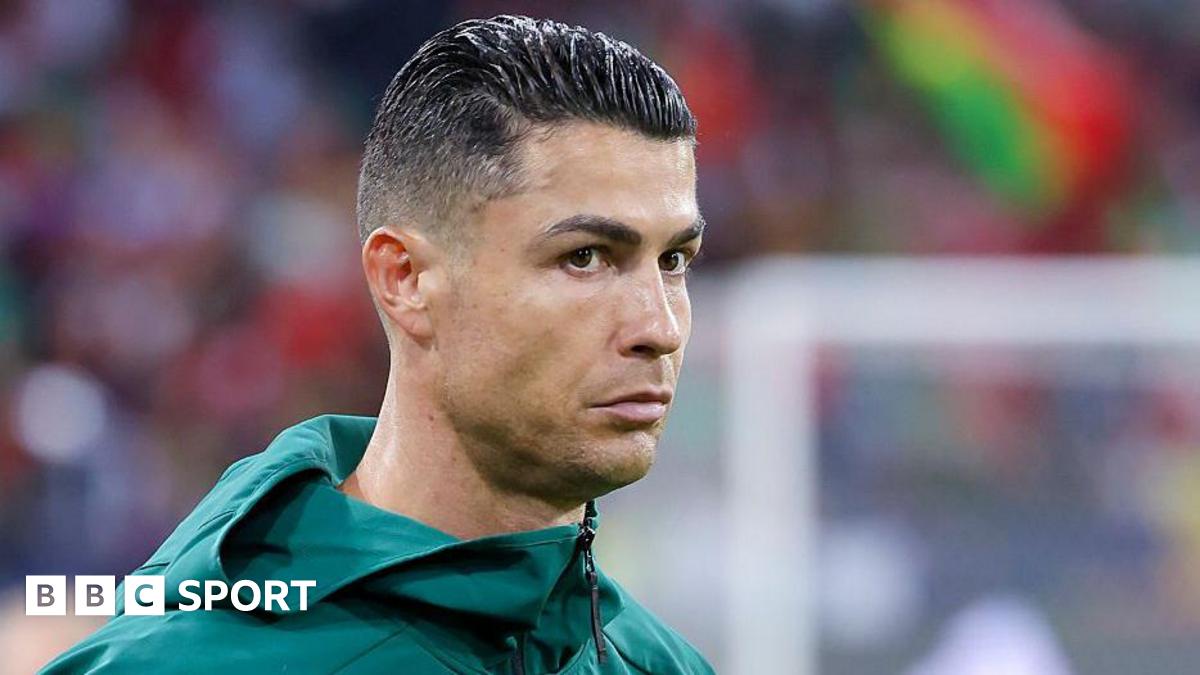Leila Nathoo
Political correspondent
Euan O'Byrne Mulligan
BBC News
Home Secretary Yvette Cooper is the last minister yet to agree a funding deal with the Treasury ahead of Wednesday's Spending Review, BBC News understands.
Ministers have been locked in talks with Chancellor Rachel Reeves and her team ahead of the major financial statement, which sets budgets for government departments covering the next few years.
Housing and Communities Secretary Angela Rayner reached a settlement with the Treasury on Sunday evening, the BBC has learned, but Cooper is holding out.
Police budgets are expected to get a real-terms increase in each of the next three years, but negotiations are ongoing about the wider Home Office budget.
Earlier on Sunday, Technology Secretary Peter Kyle said police needed to "do their bit" towards reforming public services.
Kyle told the BBC's Sunday with Laura Kuenssberg that "every part of society was struggling" and that the chancellor was facing pressure from all departments for additional funding.
He said the review would boost spending for schools and scientific research but declined to rule out a squeeze on policing.
Earlier on Sunday, BBC News was told that Home Office ministers do not believe there is enough money to recruit the additional 13,000 new police and community support officers Labour promised in its manifesto.
Kyle said the government had already provided an extra £1bn to the police, adding: "We are delivering investment in the police.
"We expect the police to start embracing the change they need to do to do their bit for change as well."
Kyle also declined to guarantee that Rayner's housing department would be protected from budget cuts when asked about the government's plan to build 1.5 million new homes by the end of the parliament.
But he added: "We made a manifesto commitment. We are absolutely laser-focused on delivering that."
The last-minute talks come ahead of what is set to be a highly significant week for every part of government.
It is expected there will be extra money for the NHS, with reports the Department for Health will receive increased funding.
A substantial increase in funding for the NHS would come at the expense of other parts of government, as the chancellor seeks to meet her own fiscal rules, which are not to borrow to fund day-to-day spending, and for debt to be falling as a share of national income by 2029/30.
But other parts of government will see their budgets squeezed as the chancellor seeks to meet her own fiscal rules, which are not to borrow to fund day-to-day spending, and for debt to be falling as a share of national income by 2029/30.
Some elements of what will be included in the statement have emerged in recent days.
On Sunday night the government announced £24m funding to boost artificial intelligence lessons in schools, as part of a wider £187m package to boost tech skills across the economy.
Earlier on Sunday, the government announced an £86bn package for science and technology to help fund drug treatments and longer-lasting batteries.
And on Wednesday, the chancellor unveiled a £15.6bn package to fund extensions to trams, trains and buses in Greater Manchester, the Midlands and the North East.
Spending decisions come against the backdrop of a broad commitment to increase defence spending further to 3% by 2034.
The government has already committed to increasing defence spending from 2.3% of gross domestic product (GDP) to 2.5% by 2027 - an extra £5bn a year - funded by a cut in the overseas aid budget.
Reeves has previously confirmed the government will revise its controversial decision to limit Winter Fuel Payments to those in receipt of means-tested benefits.
While the government is expected to share some information about who will receive the payment as part of the Spending Review, full details will not be released until the Budget later in the year.
The Institute for Fiscal Studies has said "relatively modest" growth rates mean "sharp trade-offs are unavoidable".
The think tank said the level of spending on health would dictate whether cuts were made to "unprotected" areas – those outside the NHS, defence and schools.







 English (US) ·
English (US) ·